NBP periodically publishes short articles on nuclear energy matters which either have a geographic or topical focus. Feel free to browse through all our articles and if you would like to read on something specific, please use the search function. For example, you can search for articles relating to Africa or India or financing or SMR etc. You can also use the filter function to see articles pertaining to Asia, Africa, India or Türkiye.
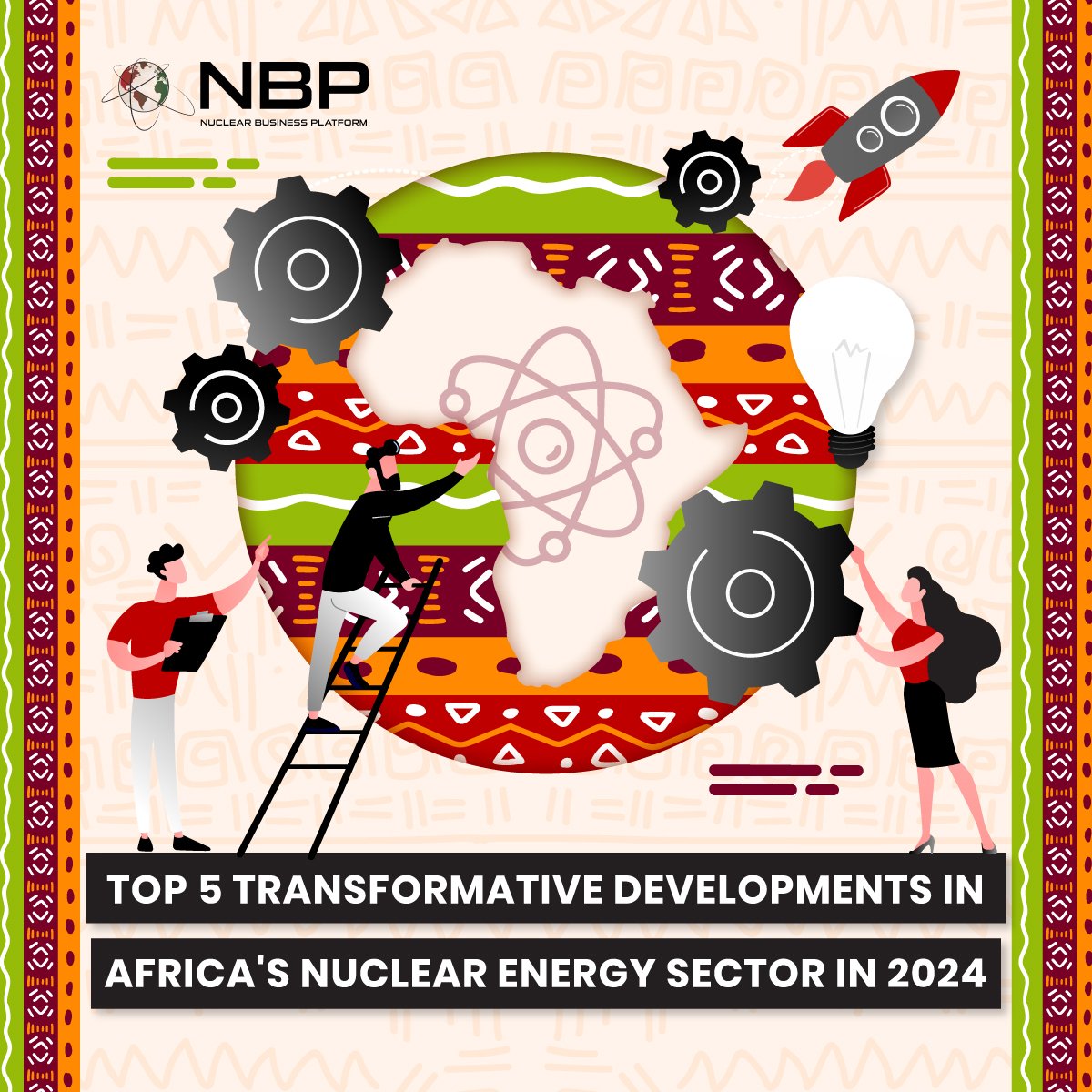
Top 5 Transformative Developments in Africa's Nuclear Energy Sector in 2024
Africa's nuclear ambitions are taking off! 2024 has been a landmark year for the continent, with significant advancements in SMR deployment, workforce development, and international partnerships. With a target of 15 GW of nuclear capacity by 2035, Africa is embracing nuclear energy as a key driver of sustainable growth and energy security.
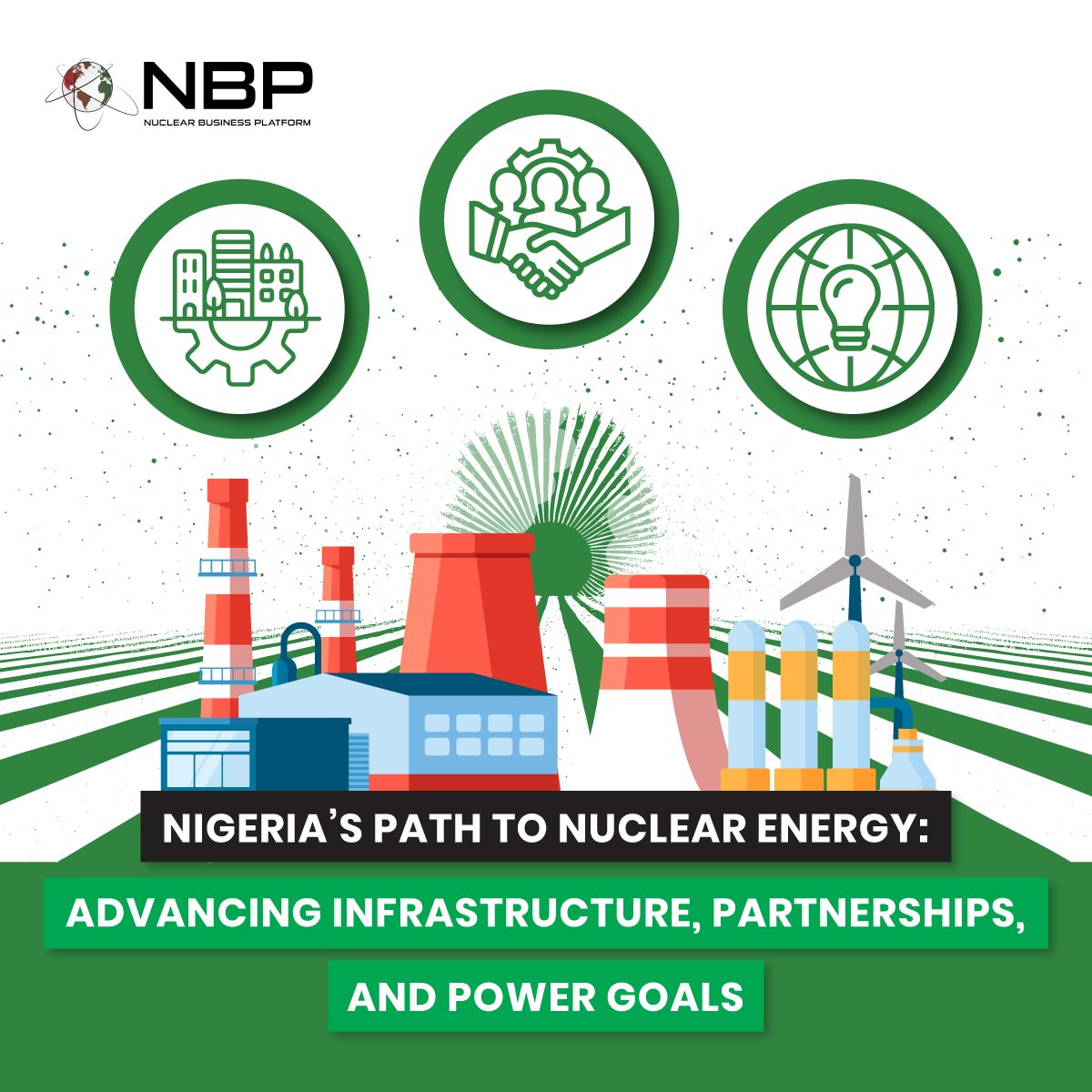
Nigeria’s Path to Nuclear Energy: Advancing Infrastructure, Partnerships, and Power Goals
Nigeria is embracing nuclear energy to power its future! With growing energy demands and a commitment to sustainable development, 🇳🇬 Nigeria is making significant strides in its nuclear program. By investing in infrastructure, forging international partnerships, and prioritizing human capital development, 🇳🇬 Nigeria is poised to become a leader in Africa's nuclear renaissance.
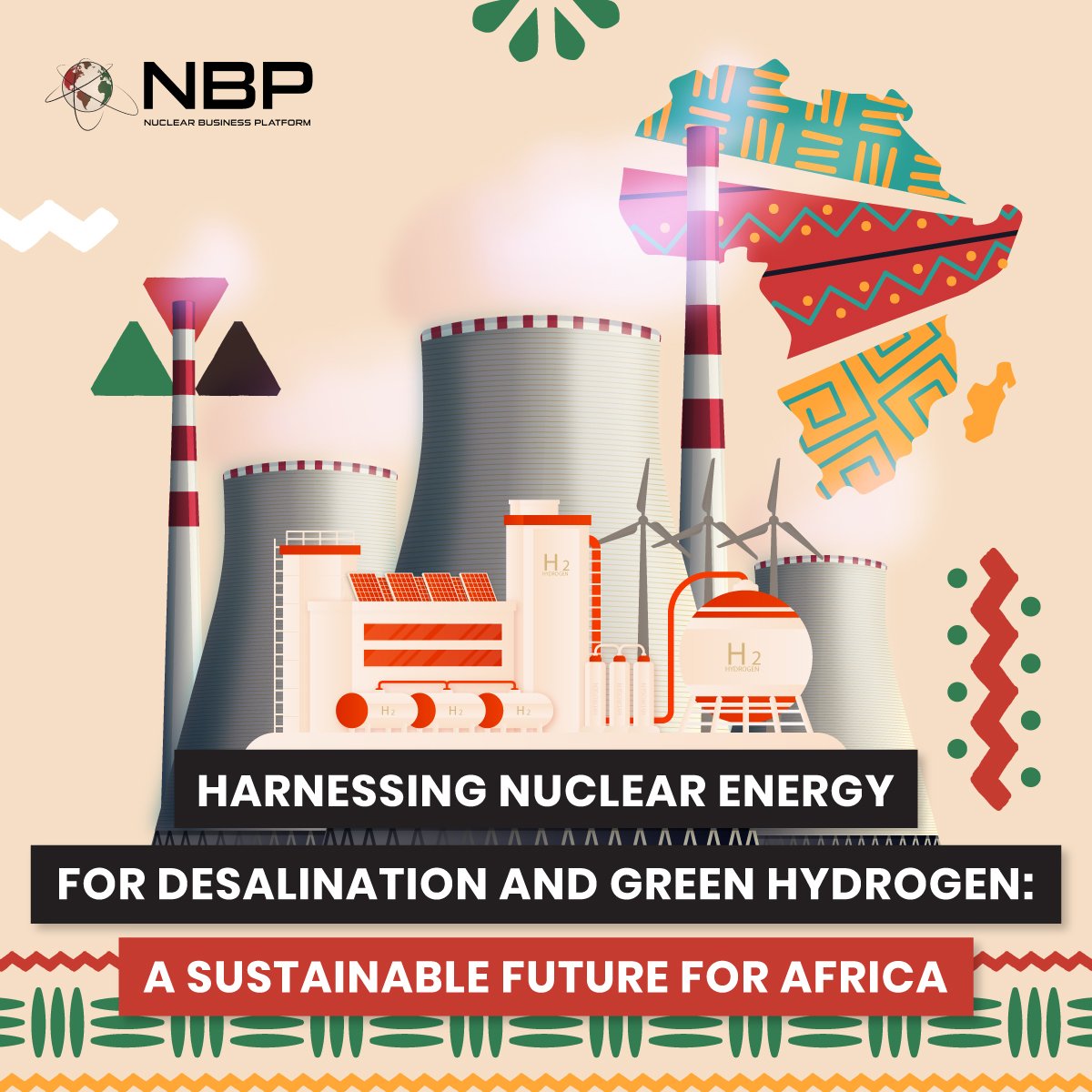
Harnessing Nuclear Energy for Desalination and Green Hydrogen: A Sustainable Future for Africa
Africa can tackle its water and energy challenges with nuclear power! By harnessing nuclear energy, African nations can sustainably scale water desalination efforts and green hydrogen production, paving the way for a more secure and prosperous future.
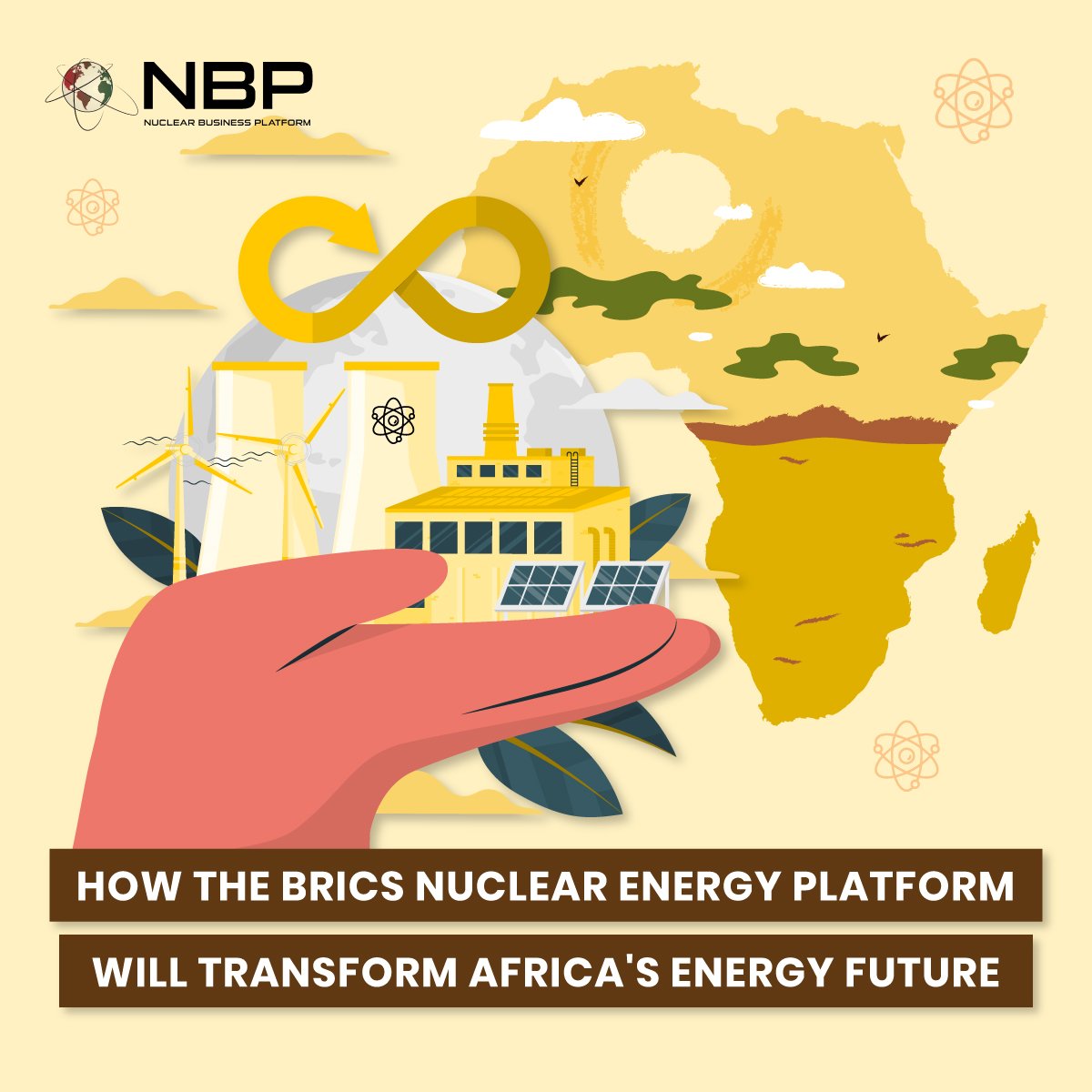
How the BRICS Nuclear Energy Platform Will Transform Africa's Energy Future
BRICS+ nations are powering a nuclear future, with a focus on collaboration and sustainable growth! At the recent BRICS+ Business Forum, leaders emphasized the potential of nuclear energy to drive low-carbon solutions in developing regions, particularly in Africa. With ambitious targets for nuclear capacity and a commitment to sharing expertise and resources, BRICS+ is paving the way for a more balanced and sustainable global energy landscape.
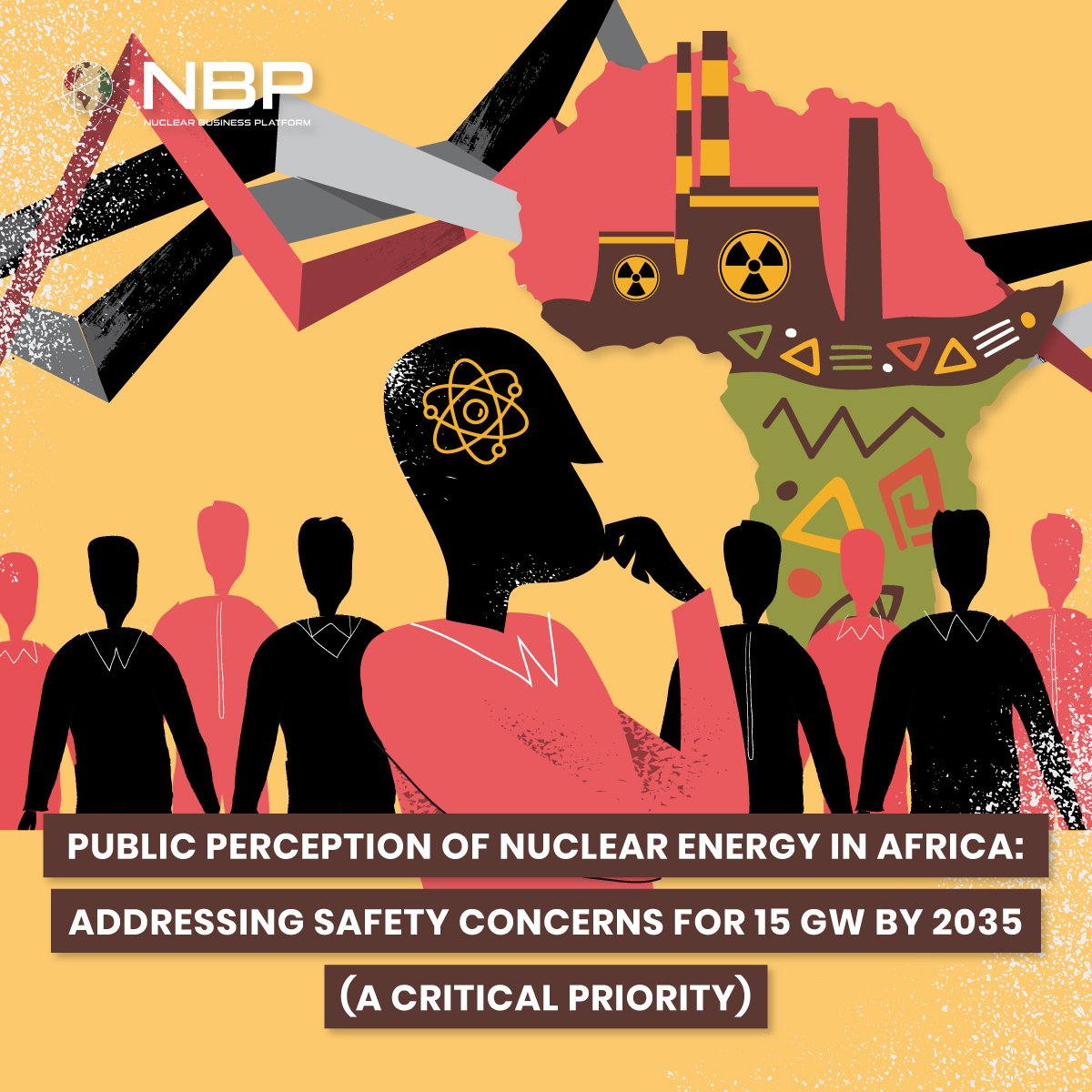
Public Perception of Nuclear Energy in Africa: Addressing Safety Concerns for 15 GW by 2035 (A Critical Priority)
Despite the immense potential of nuclear energy to address Africa's energy deficit, public perception remains a key challenge. South Africa, Ghana, Nigeria, and Kenya are leading the way with proactive public engagement initiatives to address safety concerns, build trust, and foster a supportive environment for nuclear power. By prioritizing education, transparency, and community involvement, African nations can unlock the full potential of nuclear energy for sustainable development and economic growth.

Uranium-Rich Africa: Leveraging Natural Resources to Introduce Nuclear Energy and Solve Africa’s Energy Deficit
Africa is poised to turn its abundant uranium reserves into a source of clean energy and economic prosperity! Countries like Namibia and Niger are embracing nuclear power as a solution to energy deficits and a catalyst for industrialization. By leveraging their uranium wealth, these nations can achieve energy independence, drive economic growth, and lift millions out of poverty.
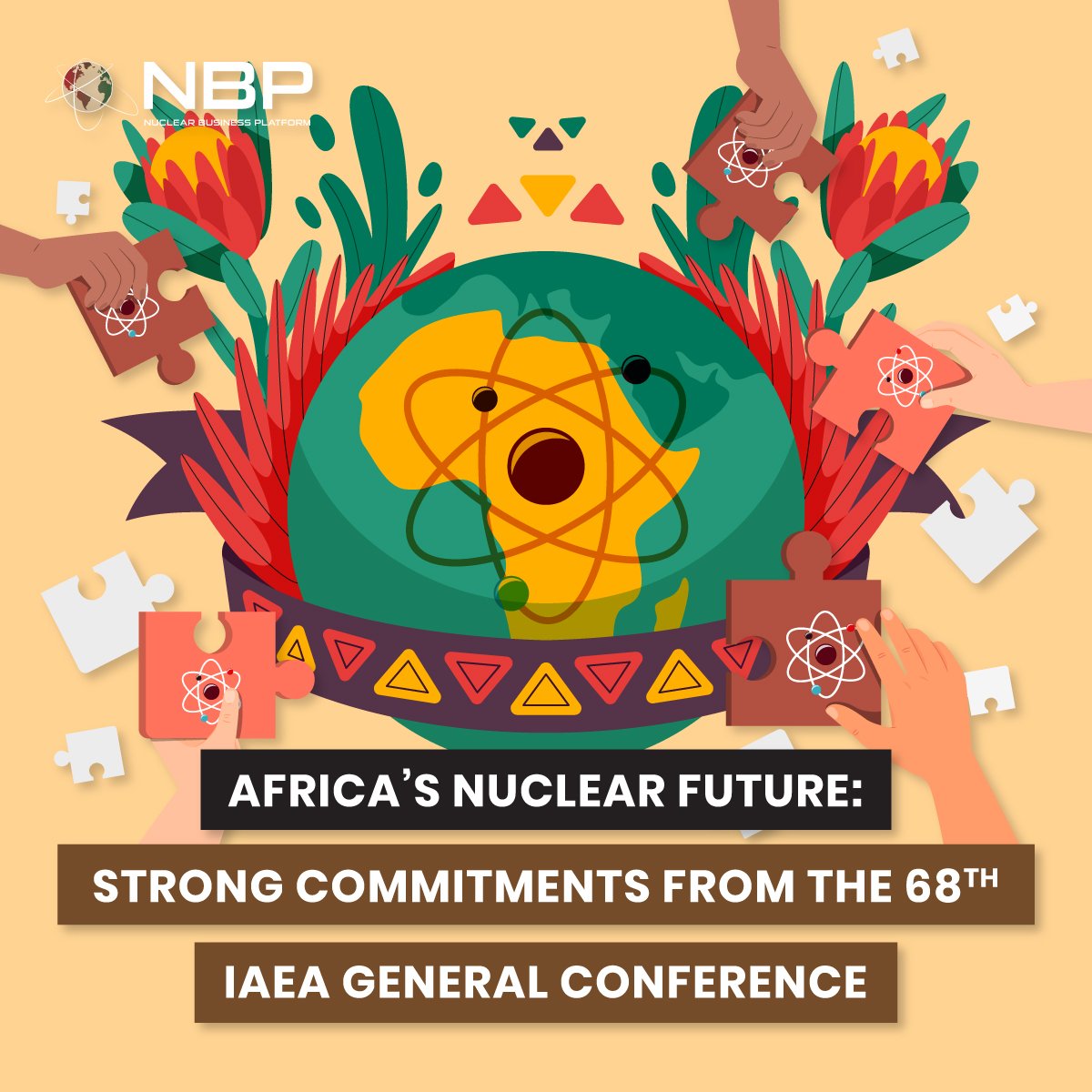
Africa’s Nuclear Future: Strong Commitments from the 68th IAEA General Conference
African nations are embracing nuclear energy to power their future! At the recent IAEA General Conference, countries like Kenya, Ghana, South Africa, and Nigeria showcased their progress in developing nuclear power programs. These nations are investing in infrastructure, building skilled workforces, and forging international partnerships to harness the benefits of nuclear energy for sustainable development and economic growth.
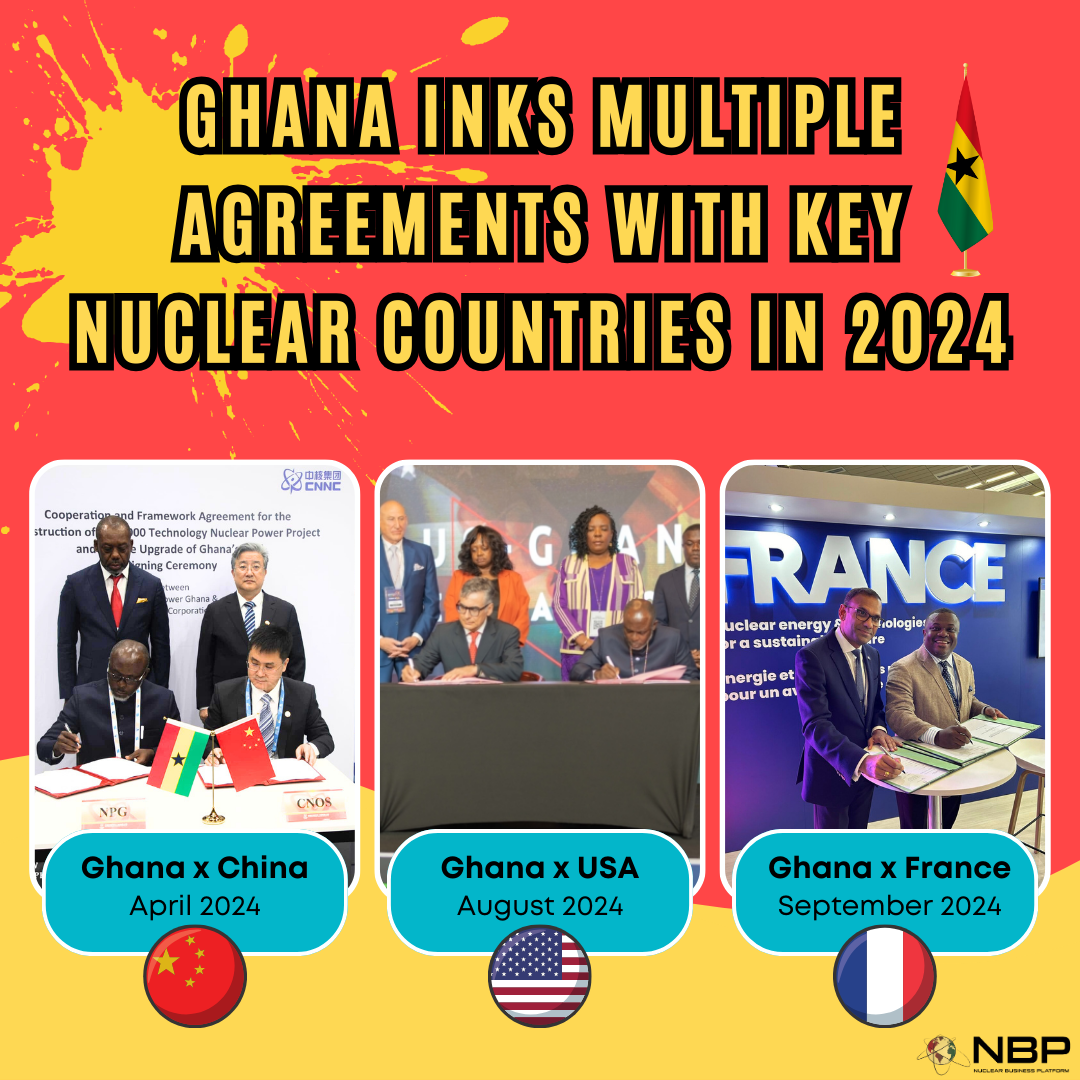
Ghana Inks Multiple Agreements With Key Nuclear Countries In 2024
Africa's energy landscape is transforming with a projected 15,000 MW of nuclear power by 2035. Countries like Ghana, Uganda, Kenya, and Rwanda are leading this $105 billion investment, aiming for 1,000 MW reactors each, while Nigeria and Egypt have even bigger plans. This surge in nuclear energy investment promises stable returns, strategic partnerships, and sustainable development for Africa. Don't miss out on this golden opportunity – discover the countries leading the charge, the reasons why major global players are investing, and the potential for non-economic benefits in this exciting market.
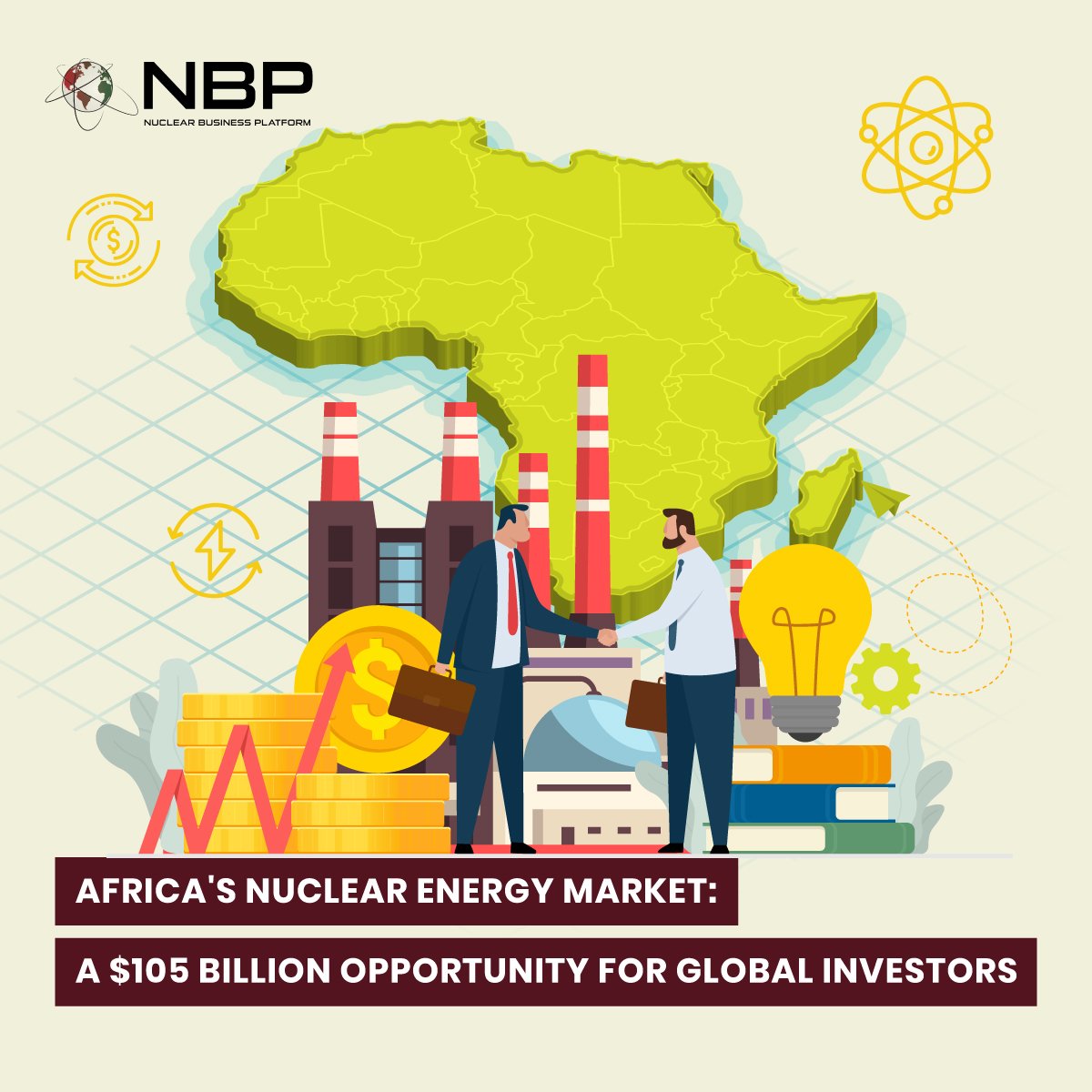
Africa's Nuclear Energy Market: A $105 Billion Opportunity for Global Investors
Africa's energy landscape is transforming with a projected 15,000 MW of nuclear power by 2035. Countries like Ghana, Uganda, Kenya, and Rwanda are leading this $105 billion investment, aiming for 1,000 MW reactors each, while Nigeria and Egypt have even bigger plans. This surge in nuclear energy investment promises stable returns, strategic partnerships, and sustainable development for Africa. Don't miss out on this golden opportunity – discover the countries leading the charge, the reasons why major global players are investing, and the potential for non-economic benefits in this exciting market.
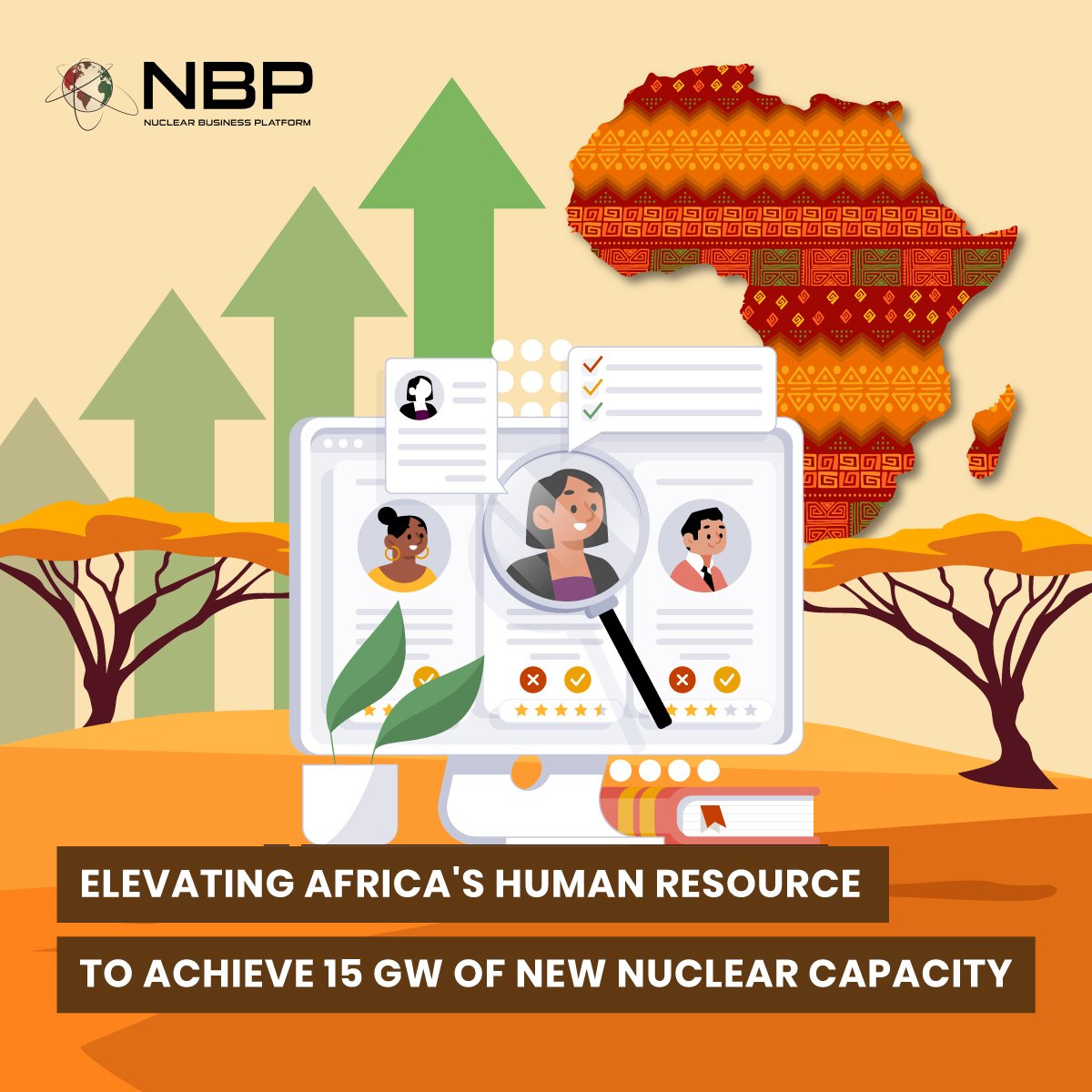
Elevating Africa's Human Resource to Achieve 15 GW of New Nuclear Capacity
With African nations rapidly embracing nuclear power, the need for a skilled workforce has never been greater. From Ghana to South Africa, countries are building reactors and training the next generation of nuclear professionals. This article explores the vital role of human resource development in Africa's nuclear renaissance, highlighting partnerships, educational initiatives, and the potential for a brighter, energy-secure future.
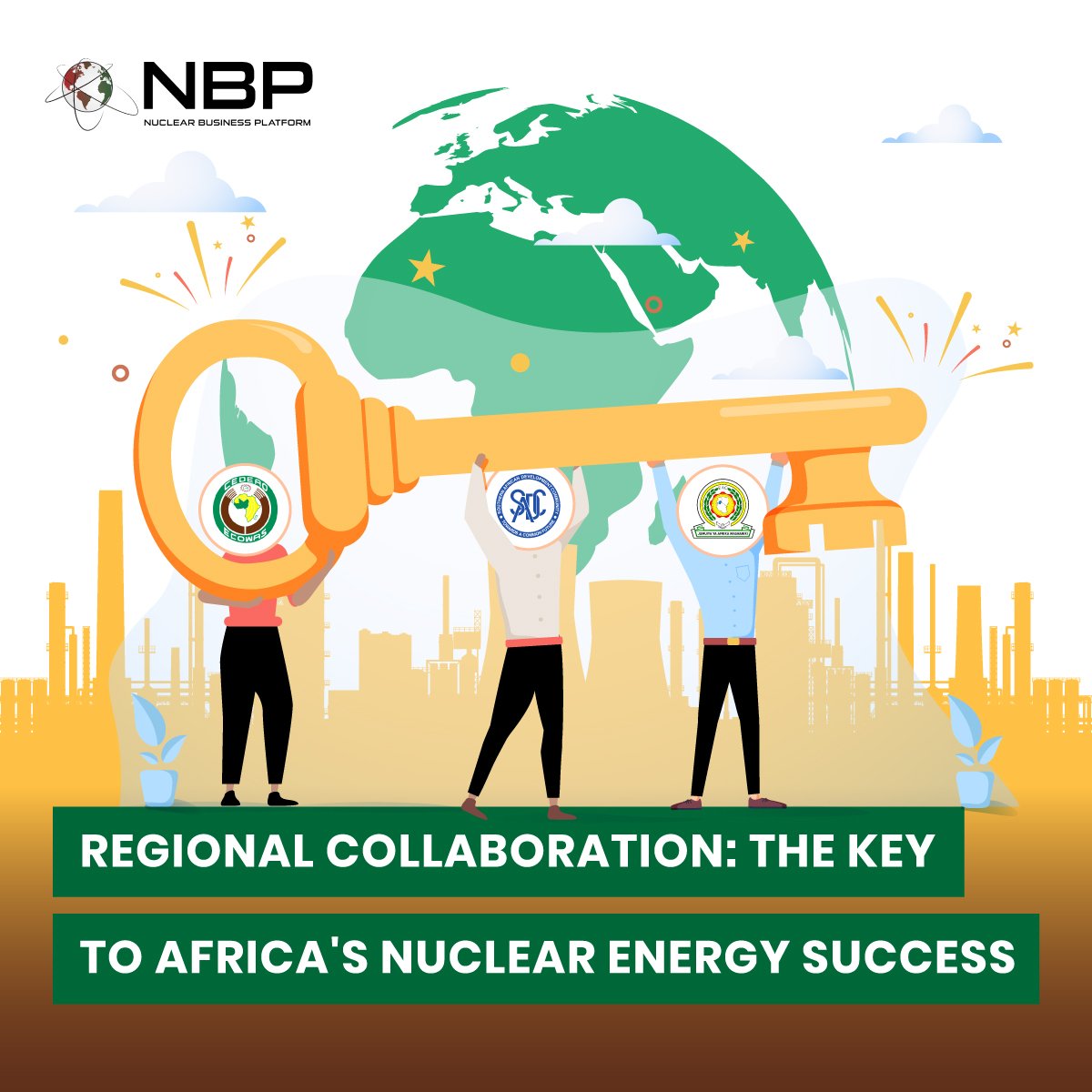
The Rise of Nuclear Power in Africa: A Look at Regional Initiatives
Africa's energy future is going nuclear! With ambitious plans across the continent, nuclear power is set to play a crucial role in achieving energy security and a sustainable future. Regional organizations like ECOWAS, SADC, and EAC have the power to accelerate this transition. Are you curious about Africa's nuclear potential and how regional cooperation is shaping a clean energy revolution? Read on to discover more!
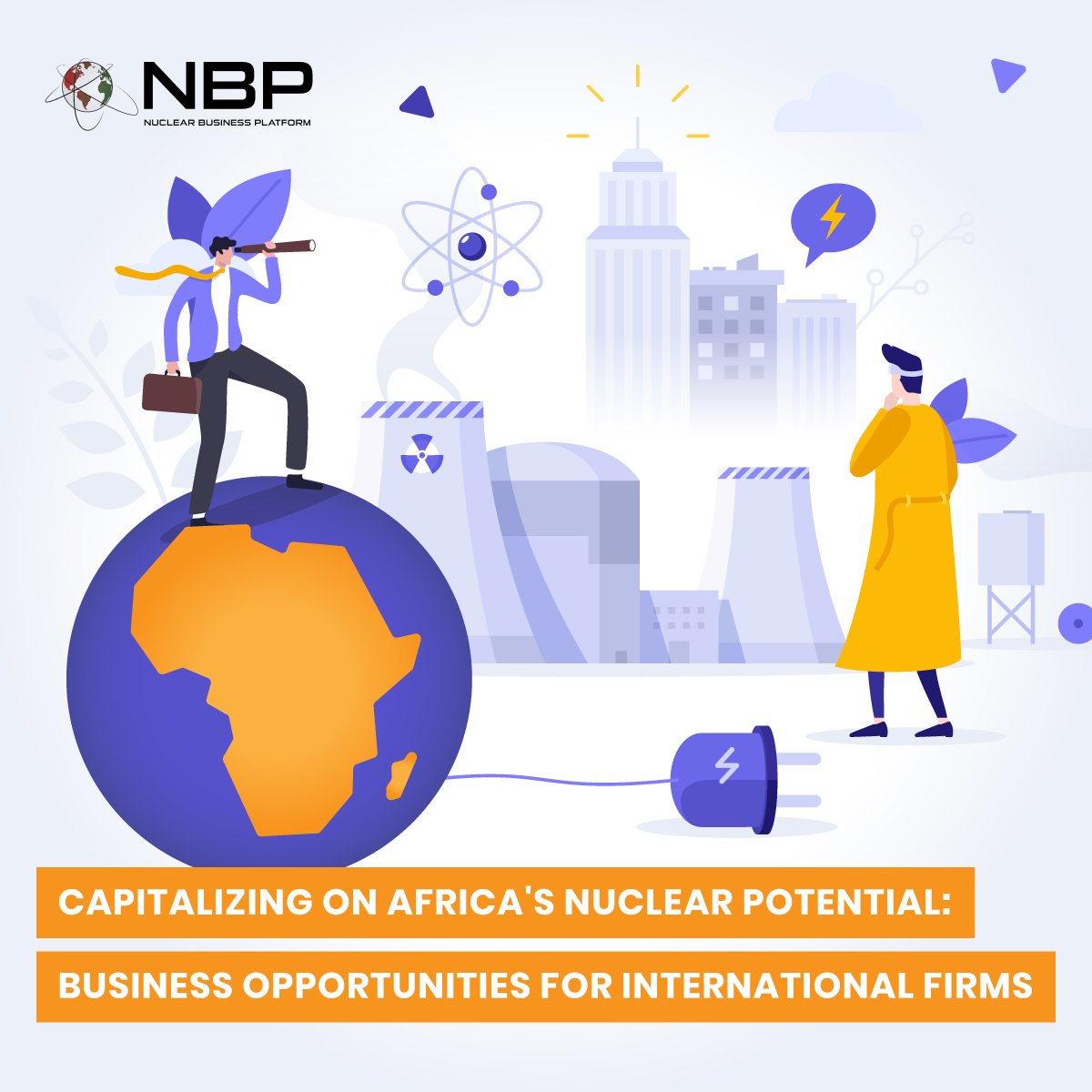
Africa's Nuclear Renaissance: Unlocking Business Opportunities for International Firms
Africa's nuclear boom demands expertise in siting, feasibility studies, and nuclear technology. International firms with these specializations can partner with African nations for their upcoming nuclear projects. The Africa Nuclear Business Platform 2024 in Accra, Ghana, offers a key venue to connect and explore these opportunities.
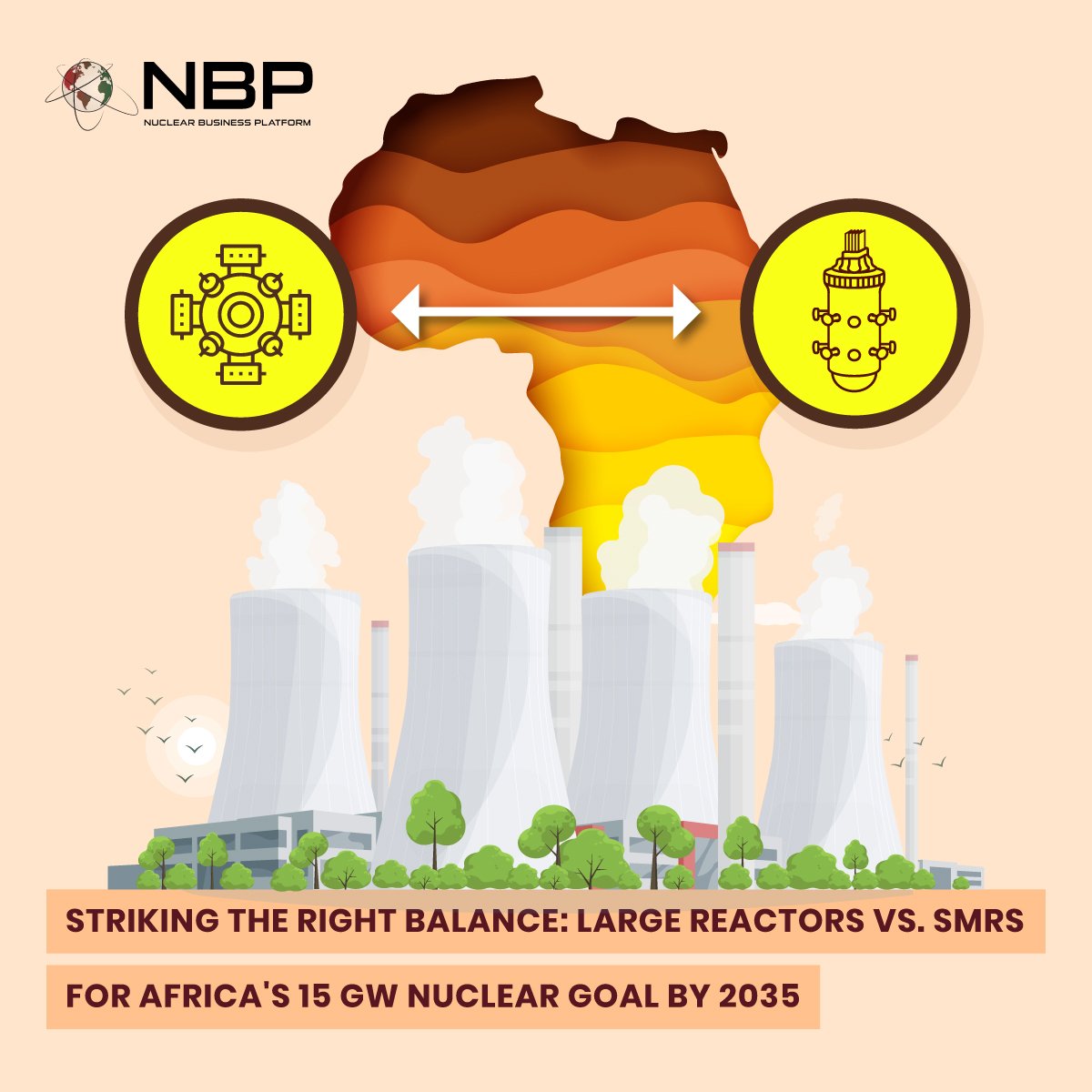
Striking the Right Balance: Large Reactors vs. SMRs for Africa's 15 GW Nuclear Goal by 2035
Africa is seeking alternative solutions to address its growing energy demands amid rapid population growth. Nuclear energy is becoming an attractive option, and countries are considering both large-scale reactors and SMRs to meet their needs. Several countries, including Ghana, Kenya, Uganda, Rwanda and South Africa, are actively pursuing plans to develop nuclear power with varying reactor sizes
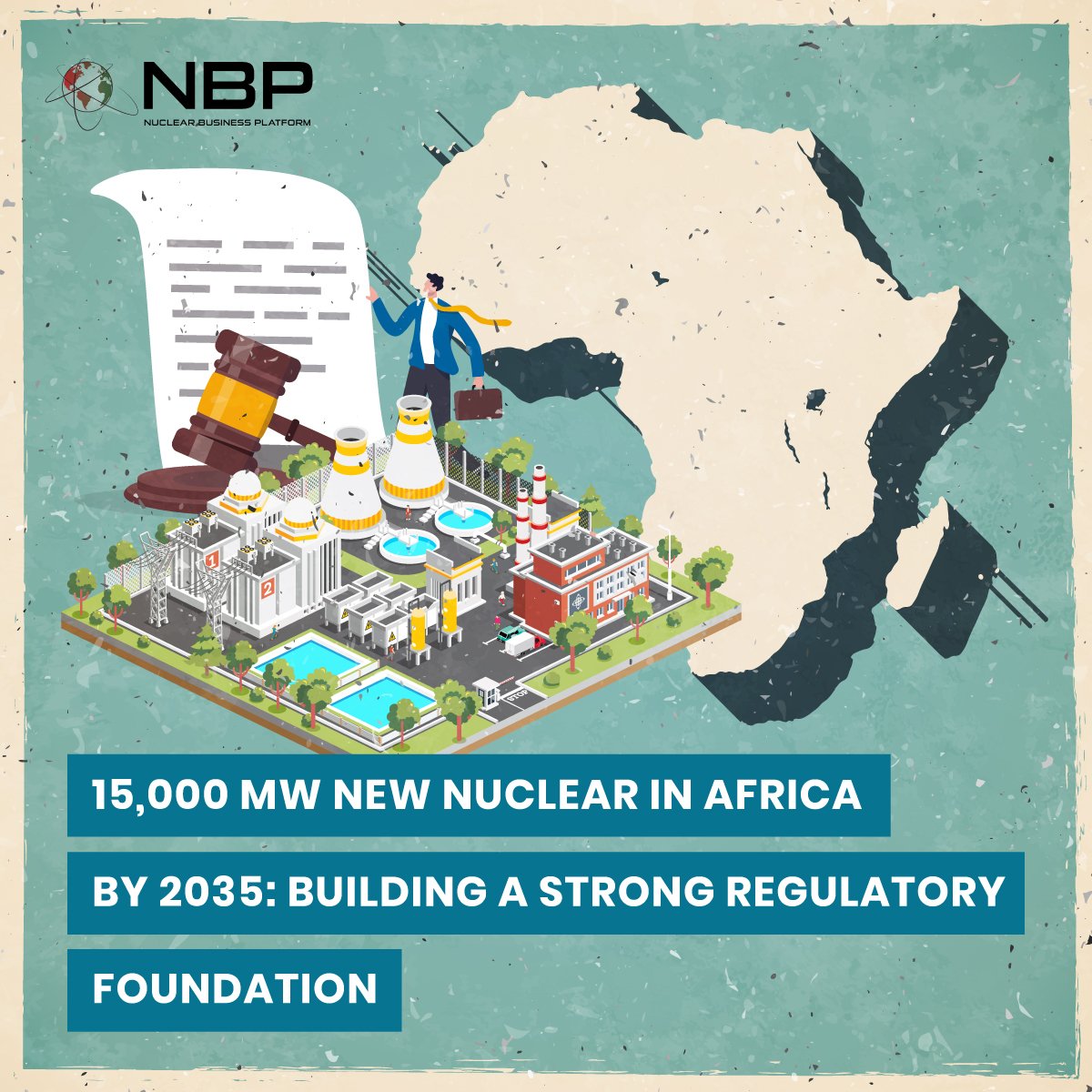
15,000 MW New Nuclear in Africa by 2035: Building a Strong Regulatory Foundation
Africa is witnessing a burgeoning interest in nuclear power. Projections indicate a remarkable addition of 15,000 megawatts (MW) of new nuclear energy capacity to the continent by 2035. A robust regulatory framework is indispensable for the African nuclear energy sector, serving as the cornerstone for ensuring the safe, secure, and efficient operation of nuclear facilities.
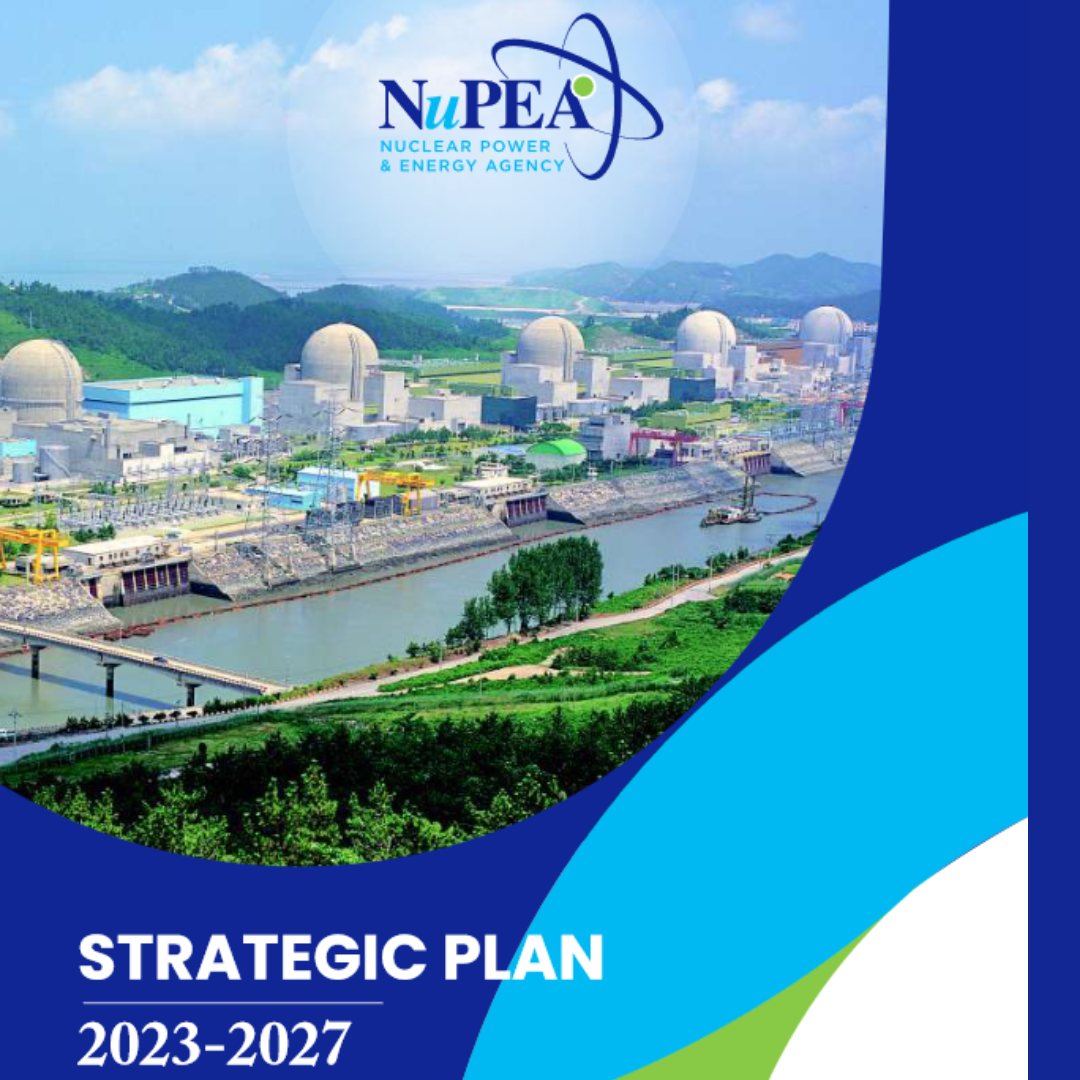
Kenya’s Nuclear Strategic Plan 2023-2027
Kenya’s Nuclear Power and Energy Agency (NuPEA) yesterday (18 March 2024) launched its Strategic Plan 2023-2027 to provide direction in alignment to the fourth Medium Term plan and the Bottom-Up Economic Transformation Agenda (BETA).
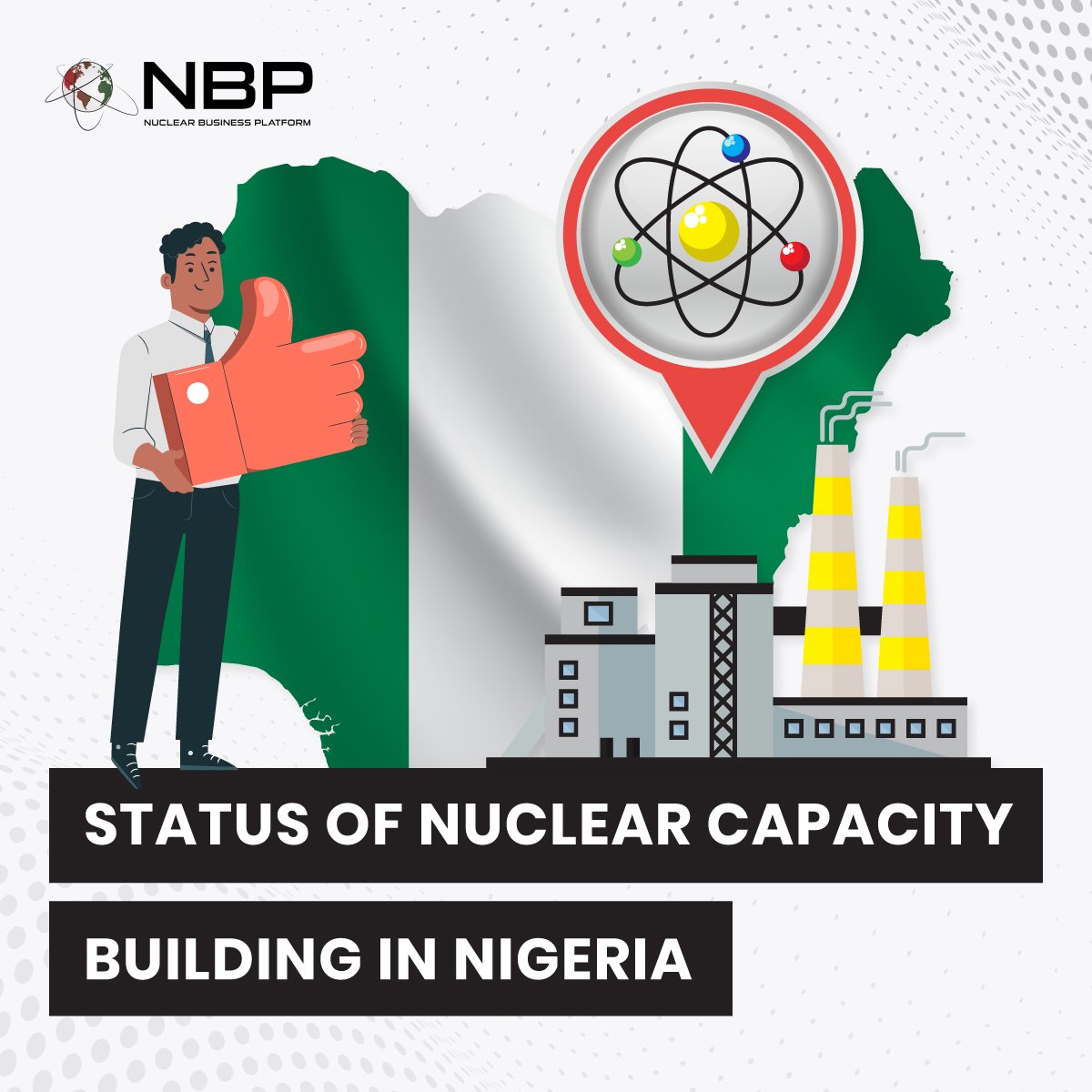
Status of Nuclear Capacity Building in Nigeria
As Nigeria sets its sights on integrating nuclear energy into its energy mix, the importance of robust human resource development cannot be overstated. Through judicious collaboration, Nigeria possesses the opportunity to fortify its initiatives in nuclear human resource development ultimately contributing to the sustainable growth of its nuclear energy sector and broader socioeconomic development.
